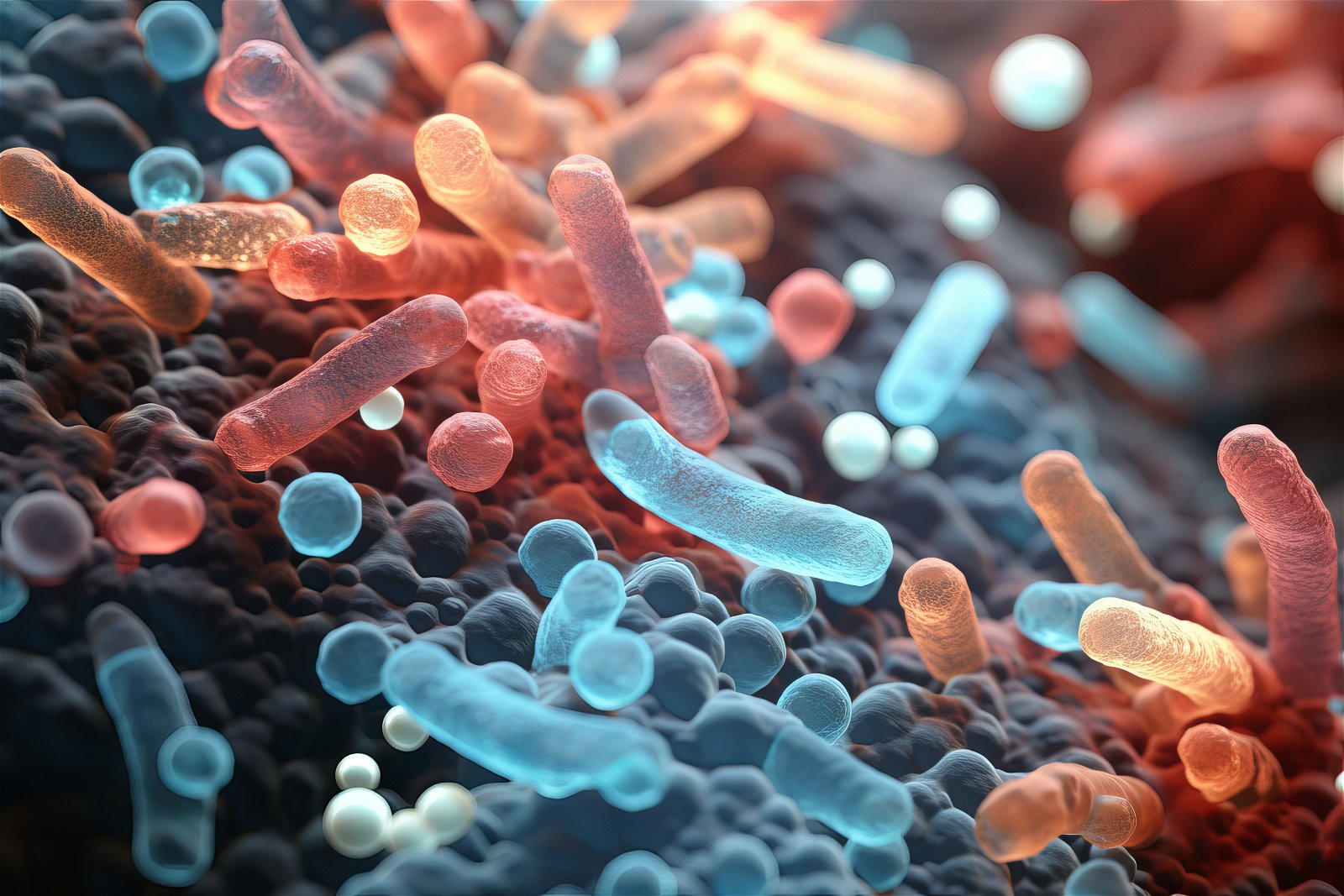Filter
–
Mycoplasma testing
€155.00*
Mycoplasmas are small prokaryotic organisms which are too small to be visible in microscopy and cannot be eliminated by common antibiotic reagents. Mycoplasma may affect cellular growth, proliferation and morphology of cell lines which may lead to unreliable experimental results. approximately 15 to 35% of laboratory cell cultures are contaminated with mycoplasma. Therefore, a frequent control is recommended to guarantee a mycoplasma-free environment.
Analysis method
CLS offers both short-term and long-term testing for mycoplasma detection. In the former, the samples are tested immediately after arrival whereas in the latter cell culture is initiated and the cells are tested after 14 days of antibiotic-free cultivation. Mycoplasma testing is performed using a two-point detection system with both the PlasmoTest™
- Mycoplasma Detection Kit (Invivogen) and the Certus QC – mycoADVANCED detection kit (Certus).
Samples
For the rapid test, please provide a minimum of 50 µl cell suspension containing 50.000 cells. The cell suspension can be shipped at ambient temperature.
For the premium test, please provide a minimum of 1 million cells in a suitable freeze medium to ensure a robust and healthy culture for the cultivation and subsequent testing of the cells. Please ship the samples on dry ice.
Colorimetric Reporter Assay
This test is a cell based colorimetric assay. In the presence of mycoplasma, a reporter cell line induces a signaling cascade triggering a change of color in the medium from red to blue. The assay is performed in 96-well multiwell plates. Signals are detected in a microplate spectrophotometer at 620-655 nm. All mycoplasma and acholeplasma species, but also other contaminants in cell culture such as bacteria, are detected.
Isothermal amplification
Isothermal amplification is a fast and reliable test based on isothermal amplification of mycoplasma specific DNA combined with real-time detection using a DNA-intercalating dye. The assay is capable of detecting six of the most common species that account for >95% of contaminations: M.orale, M.hyorhinis, M.arginini, M.fermentans, M.hominis and A.laidlawii. Due to sequence homology other mycoplasma species will be detected as well (M.pneumoniae, M.gallisepticum and M.synoviae). To identify whether the sample is mycoplasma positive or negative, the melting temperature (Tm) is studied.
Analysis method
CLS offers both short-term and long-term testing for mycoplasma detection. In the former, the samples are tested immediately after arrival whereas in the latter cell culture is initiated and the cells are tested after 14 days of antibiotic-free cultivation. Mycoplasma testing is performed using a two-point detection system with both the PlasmoTest™
- Mycoplasma Detection Kit (Invivogen) and the Certus QC – mycoADVANCED detection kit (Certus).
Samples
For the rapid test, please provide a minimum of 50 µl cell suspension containing 50.000 cells. The cell suspension can be shipped at ambient temperature.
For the premium test, please provide a minimum of 1 million cells in a suitable freeze medium to ensure a robust and healthy culture for the cultivation and subsequent testing of the cells. Please ship the samples on dry ice.
Colorimetric Reporter Assay
This test is a cell based colorimetric assay. In the presence of mycoplasma, a reporter cell line induces a signaling cascade triggering a change of color in the medium from red to blue. The assay is performed in 96-well multiwell plates. Signals are detected in a microplate spectrophotometer at 620-655 nm. All mycoplasma and acholeplasma species, but also other contaminants in cell culture such as bacteria, are detected.
Isothermal amplification
Isothermal amplification is a fast and reliable test based on isothermal amplification of mycoplasma specific DNA combined with real-time detection using a DNA-intercalating dye. The assay is capable of detecting six of the most common species that account for >95% of contaminations: M.orale, M.hyorhinis, M.arginini, M.fermentans, M.hominis and A.laidlawii. Due to sequence homology other mycoplasma species will be detected as well (M.pneumoniae, M.gallisepticum and M.synoviae). To identify whether the sample is mycoplasma positive or negative, the melting temperature (Tm) is studied.

